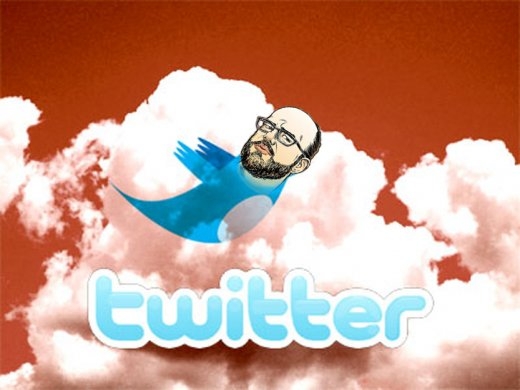
NETWORK WORLD: If a Tweet is posted on the Web and nobody sees it, is it worth the bother? That’s essentially the question social media analytics company Sysomos posed in a survey of 1.2 billion posts made over the past 2 months and found that 71% of the posts from the Twitter microblogging site elicited neither a retweet nor reply. “When a tweet generates a reply (aka @) or a retweet (aka RT), it suggests the tweet has resonated enough with someone that it sparks a conversation or encourages someone to share it with their followers,” the company writes. Of course this doesn’t consider that lots of people read or view content — on Twitter and in other forms of media — and don’t necessarily feel compelled to respond. According to the Sysomos study, just 6% of Tweets measured got retweeted and 23% were apparently intriguing enough to warrant a reply. More than 90% of retweets take place within an hour, so the shelf life of a Tweet appears to be pretty short. MORE
MALCOLM GLADWELL: The world, we are told, is in the midst of a revolution. The new tools of social media have reinvented social activism. With Facebook and Twitter and the like, the traditional relationship between political authority and popular will has been upended, making it easier for the powerless to collaborate, coördinate, and give voice to their concerns. […] Some of this grandiosity is to be expected. Innovators tend to be solipsists. They often want to cram every stray fact and experience into their new model. As the historian Robert Darnton has written, “The marvels of communication technology in the present have produced a false consciousness about the past—even a sense that communication has no history, or had nothing of importance to consider before the days of television and the Internet.” But there is something else at work here, in the outsized enthusiasm for social media. Fifty years after one of the most extraordinary episodes of social upheaval in American history, we seem to have forgotten what activism is. MORE
THE GUARDIAN: Twitter founders Ev Williams and Biz Stone have derided Malcolm Gladwell‘s contention that the effect of online networks on social change is greatly exaggerated, saying his argument is “laughable”. Williams, who stepped down as chief executive of the social networking site last week, said Gladwell’s New Yorker article was “entertaining but kind of pointless”, while Stone said it was “absurd” to think that social networks were not “complementary to activism”. MORE
